- The Moneycessity Newsletter
- Posts
- AI is Taking Over Investing in 2025
AI is Taking Over Investing in 2025
AI is taking over investing in 2025, giving those who embrace it a massive edge - understanding why this shift is happening could be the key to staying ahead in the game.
Using AI to invest has been a huge game changer for me lately. Not only is researching companies faster and easier, but it has also improved the quality of my ideas.
I went down this rabbit hole when I saw multiple study findings that ChatGPT is on par with professional financial analysts. I bought the premium version and have been tinkering with it for a few weeks, and I’m ready to show you all my step-by-step workflow.
It’s not the only way to use AI and I’m sure I’ll continue to improve on it, but I’m excited to see what you think.
Watch the extended version HERE.
Narrowing Down the List
In the past, AI in investing was pretty basic. It would scan financial reports, Q&A sessions, or earnings calls and count how many positive or negative words showed up. Based on this, it would spit out a sentiment score — positive words meant a good report, and negative words meant a bad one. Hedge funds loved this because they could react faster than the market. But let’s be real — it was like fishing in the dark.
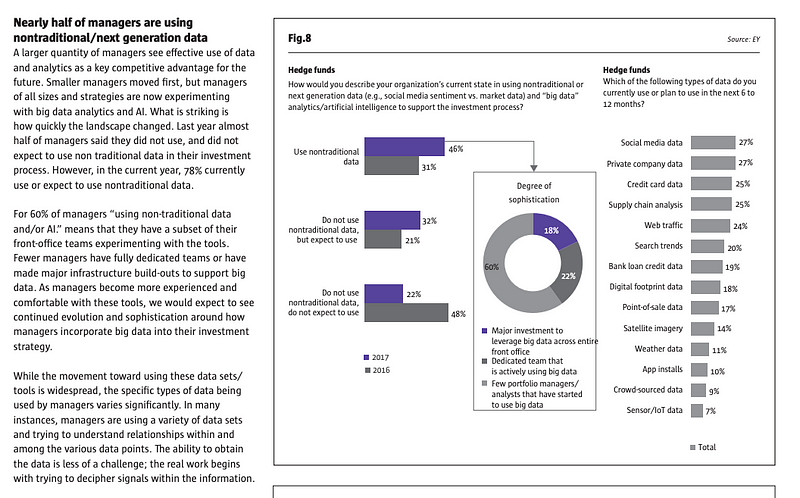
Now, things are completely different. If there is a new hire that reads and processes text 2,000 times faster than a human, works 24/7, and costs me just $20 a month. What makes it unbeatable is its ability to memorize every financial document ever written, spot patterns, and predict how the market might react. No human could even dream of doing that.
Of course, I’m talking about LLMs which is the type of AI that ChatGPT is. Just for fun, I asked ChatGPT to explain what an LLM.
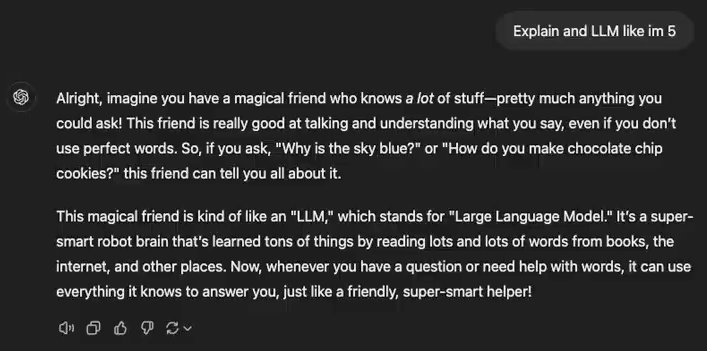
This AI isn’t just counting words anymore; it actually understands what those words mean in context. That’s a game-changer because investing boils down to two key things:
Being able to process massive amounts of information to narrow down your options: I can have the AI scan thousands of earnings reports and hand me only the most promising leads in minutes. It saves me hours of digging and gives me a serious edge over anyone who isn’t using AI.
Getting that information faster than everyone else: Speed matters. If a stock is undervalued and the market catches on before I do, the opportunity is gone before I can act.
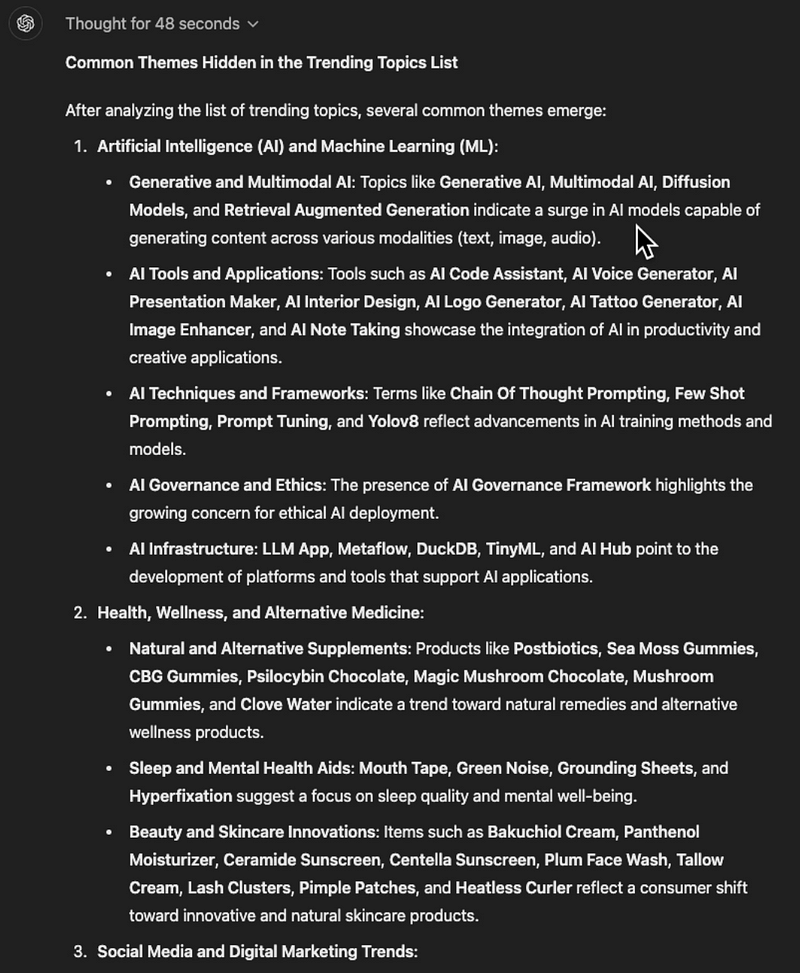
But this technology isn’t just about speed and filtering — it’s starting to handle tasks that we used to think only humans could do. Investing is becoming smarter, faster, and more efficient than ever, and I’m here for it.
Drawing Correlations and Themes
Steve Jobs was brilliant at creating revolutionary products, but even the iPod and iPhone were hybrids. The iPod came from combining the iMac, iTunes, and a Walkman. The iPhone? A mashup of an iPod, a phone, and an internet device. Humans are great at connecting ideas to create something new, and that same creativity applies to investing. We look for patterns, trust our instincts, and use past experiences to find opportunities.
The problem is, there’s only so much we can handle. With millions of ideas and thousands of companies out there, comparing everything to find the best investments is impossible for one person. That’s where AI comes in.
AI doesn’t rely on intuition. It works nonstop, comparing and analyzing data to uncover insights we’d never see. It’s like Steve Jobs on overdrive, cranking out creative solutions at a scale and speed humans can’t match.
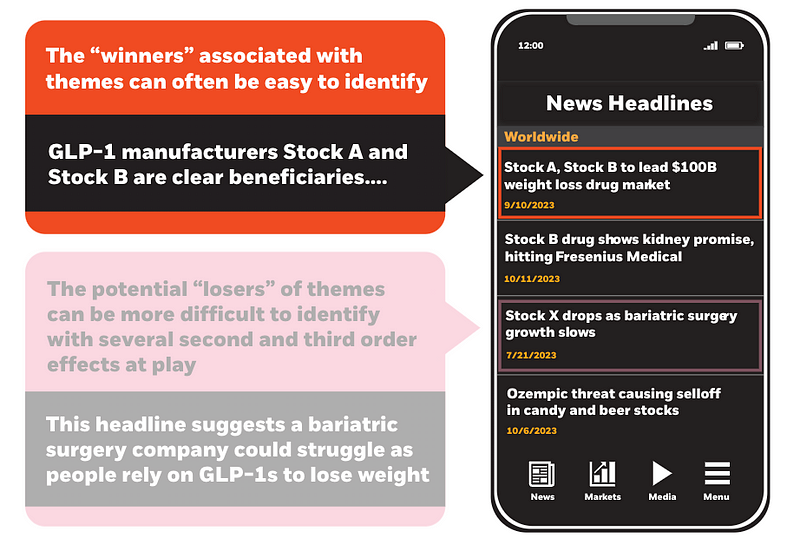
Thematic Research
Take Ozempic, for example. AI identifies it as a hot trend, notes it’s a GLP-1 drug, and connects that to manufacturers who stand to gain. It even flags companies that might take a hit, like those in bariatric surgery, since fewer people might seek that option.
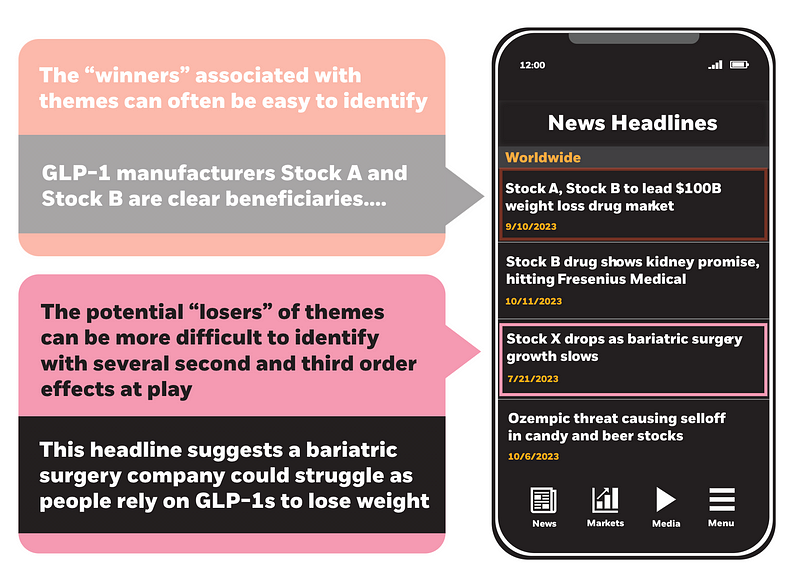
Thematic Research
And this isn’t just about spotting obvious headlines or reading public financial reports. AI can dig into layers of data — things I’d never have time to analyze — and surface connections that give me an edge. It’s like having an infinitely creative assistant who doesn’t sleep, doesn’t get tired, and constantly works to uncover opportunities I’d never find on my own.
Alternative Investing Data
AI has opened the door to something called alternative data which includes things like satellite imagery, website traffic, mobile app usage, and geolocation data. What’s cool about this is that it gives AI insights into a company’s performance before the financial reports come out.
For example, if Costco starts losing customers and its parking lots aren’t as busy, an AI analyzing satellite imagery can pick up on that drop in traffic way before we see the hit in their quarterly revenue report. However, the human brain just can’t process the sheer amount of data needed to make alternative data useful. That’s why about 78% of big investing firms are either already using this data or planning to.
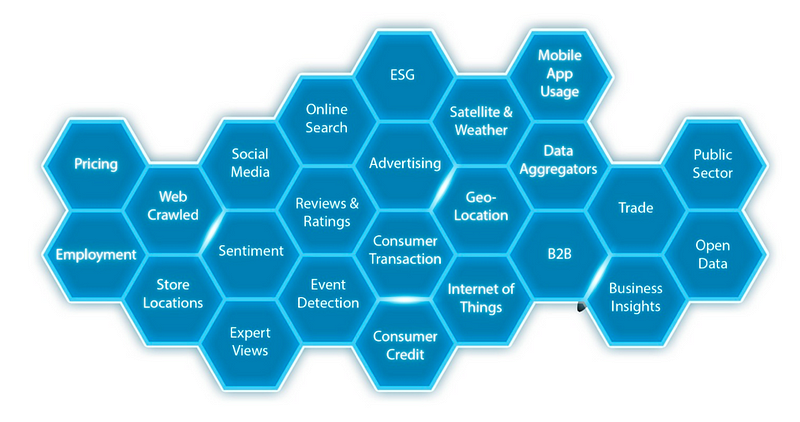
Alternative Data
Hedge funds and big investing firms with access to this kind of AI can act on those trends early — pulling their money out before the rest of us even know what’s happening. The edge this provides is huge. Speed matters, especially when companies only report financials every three months. Any early clue gives these firms a major advantage.
Now, while this level of AI isn’t something we everyday investors can tap into directly (yet), there are still ways to benefit from AI tools. I don’t always pick individual stocks but when I do, I make sure AI is part of the process like THIS.
Cheers!

Reply